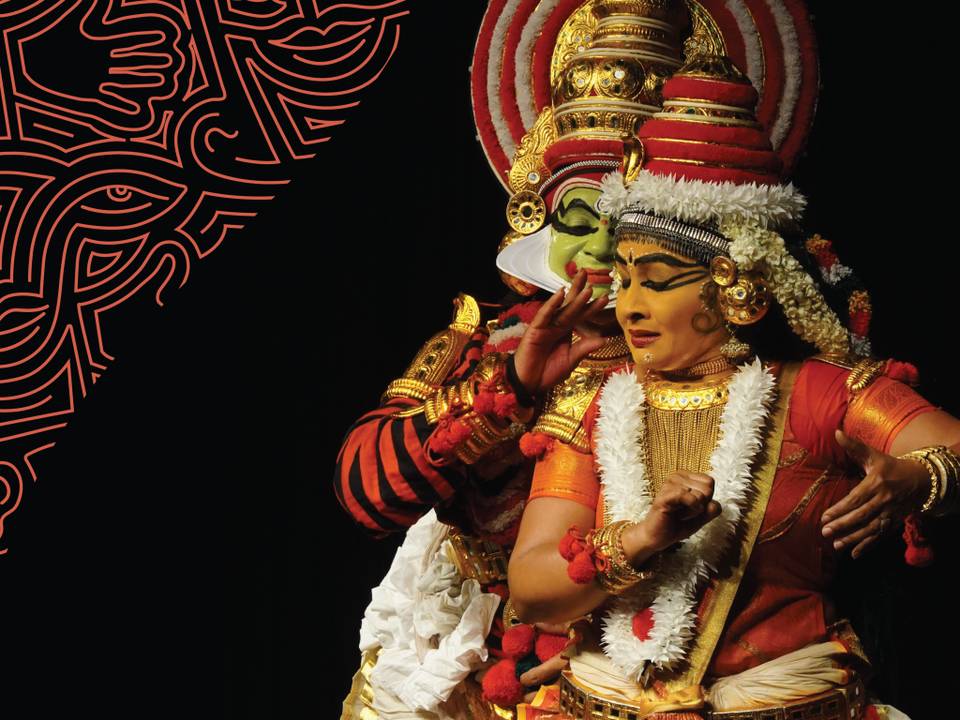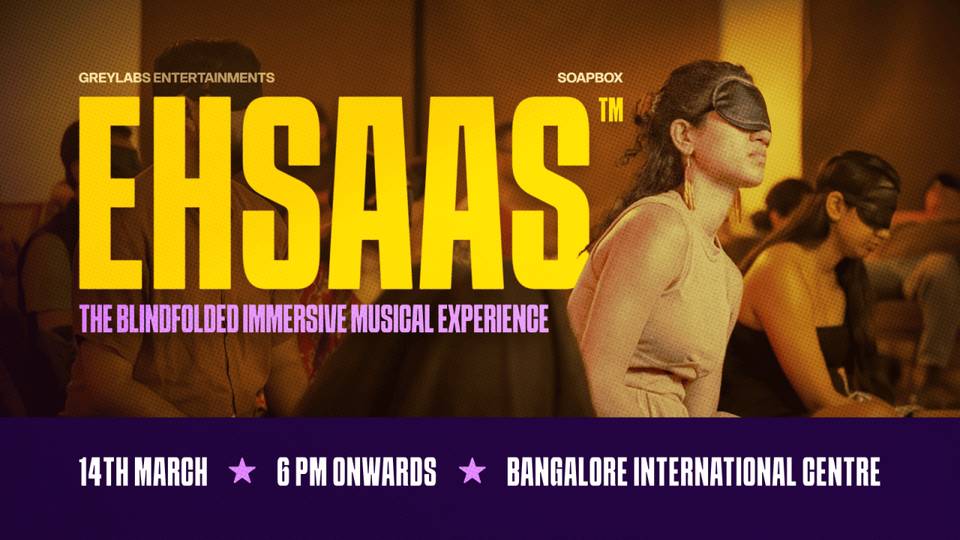ಸಂಸ್ಕಾರ | Samskara B•Cinematic: Must-Watch Films Before You Die

Details
Jun 02 2024 to Jun 02 2024 11:30 a.m.
EVENT HAS ENDED
Where
Bangalore International Centre
7 4th Main Rd, Stage 2, Domlur 560071
Event Description
1970 | 113 Minutes | Kannada with English Subtitles The body of a renegade Brahmin awaits a funeral. The man in question flouted Brahmin caste regulations, attracting a cadre of youthful followers. However, the Brahmin elders of his village cannot decide whether to give him a traditional Brahmin cremation or treat him as an outcast. Until they decide, neither they nor their immediate families may eat. This film offers an intriguing glimpse into the lives and issues surrounding an orthodox community. Calling all cinephiles! BIC is thrilled to introduce B-Cinematic, an initiative dedicated to celebrating the most essential, impactful, and artistically significant cinematic works from across the state and the country.
The second film in our informal film club is Samskara (1970) Samskara is a critically acclaimed Kannada film directed by T Pattabhirama Reddy, released in 1970. It is based on the 1965 novel of the same name by UR Ananthamurthy. The film offers a thought-provoking exploration of traditional Brahmin society and its rigid customs.
The story revolves around a small Brahmin agrahara (village) that is thrown into turmoil after the death of Naranappa, a Brahmin man known for his defiance of caste rules and unorthodox lifestyle. His unconventional ways had earned him the wrath of the agrahara’s conservative leaders. After Naranappa’s death, the question arises whether he should be given the traditional Brahmin funeral rites or denied them due to his transgressions against caste norms. This dilemma deeply divides the agrahara, with ideological conflicts arising between the youths influenced by Naranappa’s progressive thinking and the rigidly orthodox elderly Brahmin custodians of tradition. The film sensitively portrays the agrahara’s decaying feudal system and the inner contradictions plaguing its self-appointed patriarchal authorities as they grapple with existential questions about ritualism, sexuality, and the rapidly changing social mores. It offers a nuanced critique of entrenched casteism, misogyny, and blind adherence to outdated customs. With its authentic depiction of the Brahmin way of life, powerful symbolism, and philosophical undertones, Samskara is regarded as a landmark film in Kannada cinema’s Parallel Cinema movement and a masterpiece of Indian neo-realist filmmaking.















